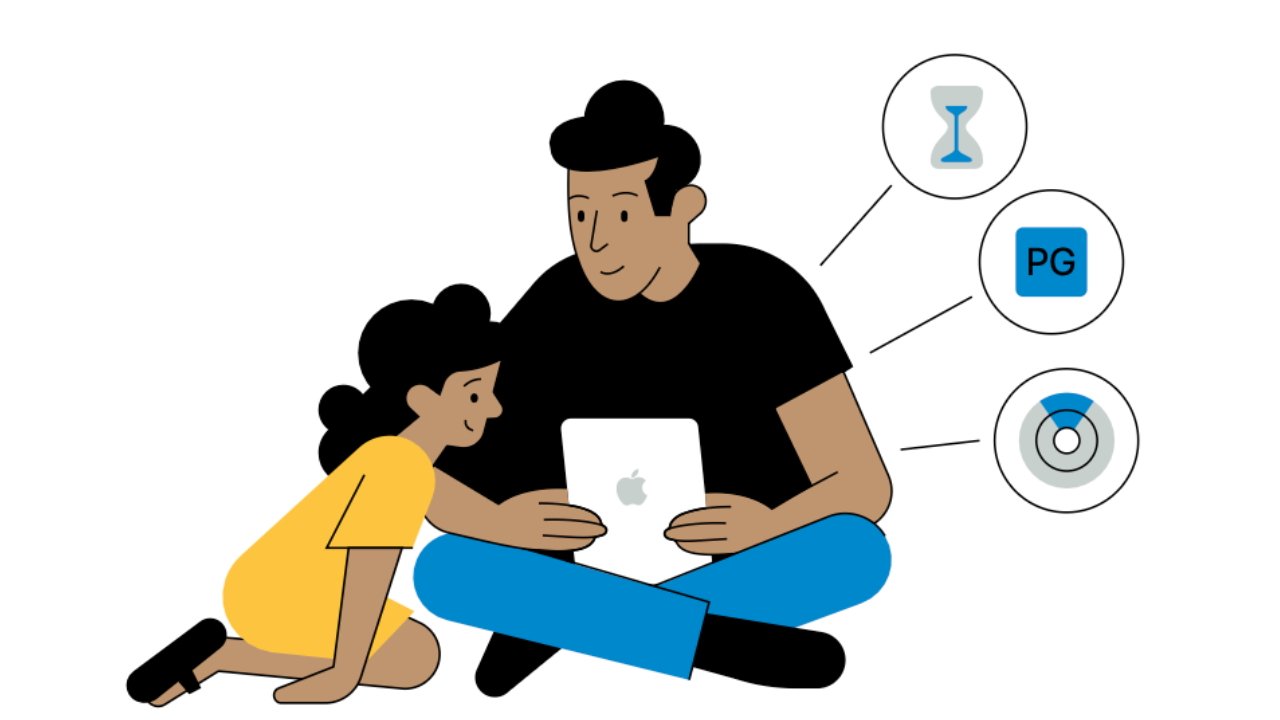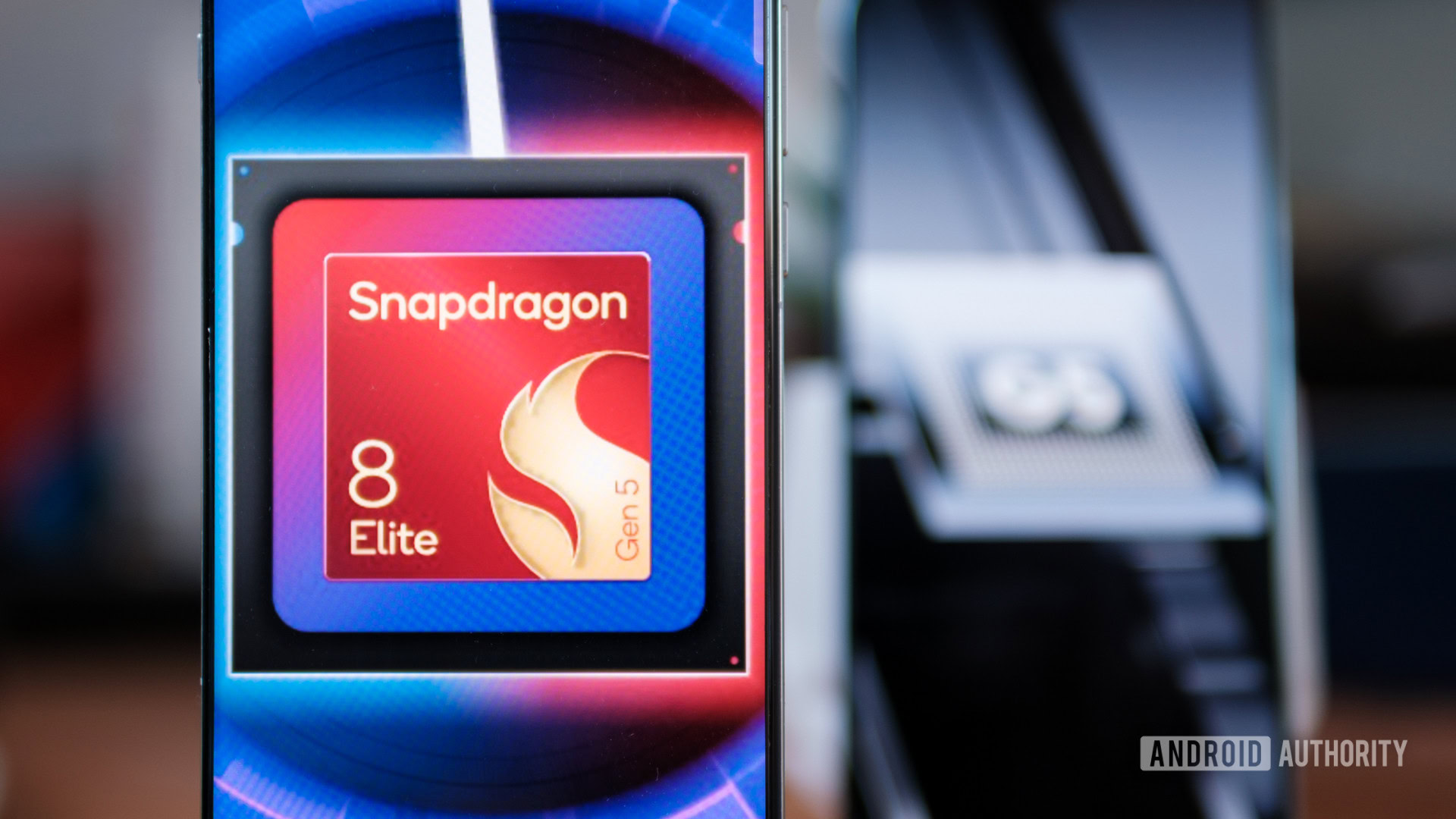Apple has told developers that to stay on the App Store, they must provide detailed information about app age ratings, similar to its previous privacy nutrition labels.
In 2020, Apple launched privacy nutrition labels which required developers to specify exactly what types of private user information their apps collected. It was a slow rollout, some developers waited as long as they could, and others were revealed to collecting a startling amount of data.
Now Apple has launched a similar process that over the next few months will require all app developers to complete a similar form to the privacy one. In this case, though, it’s concerning age verification, and it’s the next step in a plan to protect children that Apple announced in February 2025.
“We’ve introduced a new set of required questions to the ratings questionnaire for all apps,” says Apple on its developer news site. Those required questions cover four topics:
- In-app controls
- Capabilities
- Medical or wellness topics
- Violent themes
“Your answers to these questions will help Apple better calculate a rating,” continues Apple, “and help you deliver an age-appropriate experience.”
So a developer will have an age rating imposed on their app. However, they do have some flexibility — if a developer believes the age rating is too low, they can increase it.
What they cannot do, though, is reduce it. And they also cannot leave providing this information for too long.
Apple cautions that it requires updated age rating details for every app by January 31, 2026.
Details of Apple’s full plan for age verification, including both its demands on developers and its provision of controls for parents, are contained in the company’s White Paper.
Apple’s age verification moves come after — and in one odd case before — pressure from companies such as social media ones. Also, in March 2025, Utah became the first state to require Apple and others to add age verification.
Those social media developers argued that Apple and Google’s platforms should be responsible for age verification, not their own apps.
The reason for that has to be that it’s expensive to implement and continue such a system. But there was also the argument that a social media app knowing a user’s age could sell on that data.
Consequently, Apple’s system is designed to avoid privacy issues. Parents can set various controls, but broadly all an app will be able to do is ask if a user is old enough to use a given app, and will get back a yes/no response.










